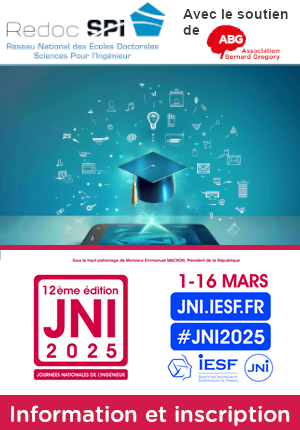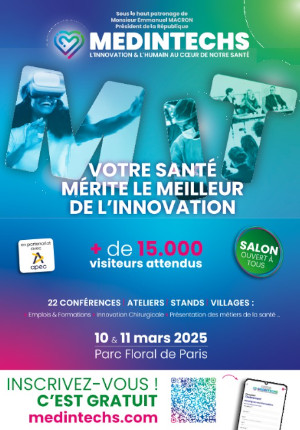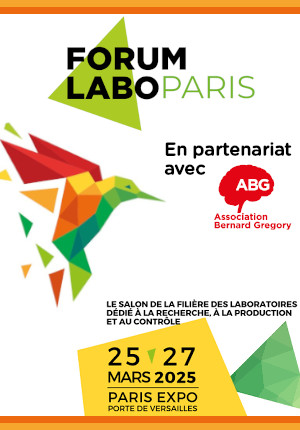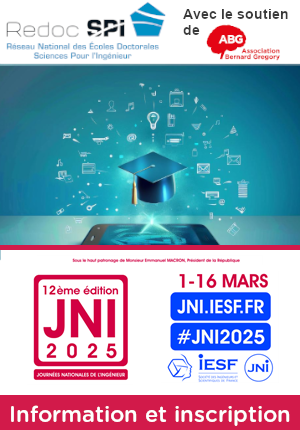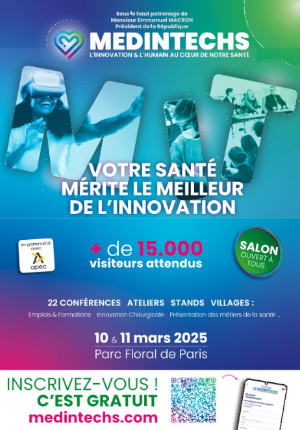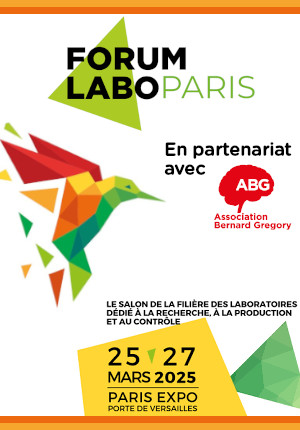Propriétés de transport dans les vins effervescents par simulations de dynamique moléculaire // Transport properties in sparkling wines by molecular dynamics simulations
|
ABG-128546
ADUM-61020 |
Thesis topic | |
| 2025-02-13 |
Université Paris-Saclay GS Chimie
Evry-Courcouronnes Cedex - France
Propriétés de transport dans les vins effervescents par simulations de dynamique moléculaire // Transport properties in sparkling wines by molecular dynamics simulations
- Physics
dynamique moléculaire, champ de force, dioxyde de carbone, diffusion, sucres, oxygène
molecular dynamics, force field, carbon dioxide, diffusion, sugars, oxygen
molecular dynamics, force field, carbon dioxide, diffusion, sugars, oxygen
Topic description
Les boissons effervescentes représentent près d'un quart du marché des boissons commercialisées dans le monde et, parmi elles, les vins effervescents tels que les vins de Champagne occupent une place particulière de par leur notoriété. Ce projet se propose d'étudier la diffusion du dioxyde de carbone (CO2), qui joue un rôle majeur dans la formation et le grossissement des bulles de CO2 dans ces vins. Pour mener à bien ce projet, le doctorant réalisera des simulations de dynamique moléculaire avec champ de force classique dans lesquelles les vins de Champagne seront modélisés comme des solutions hydroalcooliques carbonatées agrémentées de molécules de glycérol, d'acides tartrique et lactique, et de sucres. La concentration en sucres variant en fonction du type de champagne (< 12 g/L dans les champagnes bruts et jusqu'à 50 g/L dans les champagnes doux), une évaluation des coefficients de diffusion du CO2 dissous sera réalisée en fonction de la concentration en sucres et de la température à partir de méthodes théoriques propres aux fluides simples et aux mélanges complexes, avant comparaison aux données expérimentales disponibles. Ces travaux pourront servir de point de départ à des études plus générales sur la diffusion du CO2 dans d'autres boissons effervescentes (eaux pétillantes, sodas, colas ou bières) et à l'étude de la diffusion du dioxygène dans les vins, ce phénomène de transport étant pris en compte dans des modèles d'oxydation conçus pour étudier le vieillissement des vins.
------------------------------------------------------------------------------------------------------------------------------------------------------------------------
------------------------------------------------------------------------------------------------------------------------------------------------------------------------
Sparkling beverages represent almost one-quarter of the global market for commercial beverages worldwide and, among them, sparkling wines sucha as renowned Champagne wines occupy a particular place. This project aims at studying carbon dioxide (CO2) diffusion, which plays a major role in the formation and growth of CO2 bubbles in these wines. To achieve the project goals, the PhD student will carry out molecular dynamics simulations with classical force fields in which Champagne wines will be modeled as carbonated hydroalcoholic solutions composed of additional molecules like glycerol, lactic and tartatric acids, and sugars. Because the concentration of sugars varies for different champagnes (< 12 g/L in brut champagnes and up to 50 g/L in mild champagnes), estimating the diffusion coefficients of dissolved CO2 will be achieved as a function of the concentration of sugar and temperature with theoretical methods specific to simple fluids and multicomponent mixtures, before comparing the results with available experimental data. These works might serve as starting point for more general studies devoted to CO2 diffusion in other sparkling beverages (fizzy waters, sodas, colas or beers) and for studies of molecular oxygen diffusion in wines, this transport phenomenon being taken into account in oxidation models devised to investigate wine ageing.
------------------------------------------------------------------------------------------------------------------------------------------------------------------------
------------------------------------------------------------------------------------------------------------------------------------------------------------------------
Début de la thèse : 01/10/2025
------------------------------------------------------------------------------------------------------------------------------------------------------------------------
------------------------------------------------------------------------------------------------------------------------------------------------------------------------
Sparkling beverages represent almost one-quarter of the global market for commercial beverages worldwide and, among them, sparkling wines sucha as renowned Champagne wines occupy a particular place. This project aims at studying carbon dioxide (CO2) diffusion, which plays a major role in the formation and growth of CO2 bubbles in these wines. To achieve the project goals, the PhD student will carry out molecular dynamics simulations with classical force fields in which Champagne wines will be modeled as carbonated hydroalcoholic solutions composed of additional molecules like glycerol, lactic and tartatric acids, and sugars. Because the concentration of sugars varies for different champagnes (< 12 g/L in brut champagnes and up to 50 g/L in mild champagnes), estimating the diffusion coefficients of dissolved CO2 will be achieved as a function of the concentration of sugar and temperature with theoretical methods specific to simple fluids and multicomponent mixtures, before comparing the results with available experimental data. These works might serve as starting point for more general studies devoted to CO2 diffusion in other sparkling beverages (fizzy waters, sodas, colas or beers) and for studies of molecular oxygen diffusion in wines, this transport phenomenon being taken into account in oxidation models devised to investigate wine ageing.
------------------------------------------------------------------------------------------------------------------------------------------------------------------------
------------------------------------------------------------------------------------------------------------------------------------------------------------------------
Début de la thèse : 01/10/2025
Funding category
Funding further details
Contrats ED : Programme blanc GS-Chimie
Presentation of host institution and host laboratory
Université Paris-Saclay GS Chimie
Institution awarding doctoral degree
Université Paris-Saclay GS Chimie
Graduate school
571 Sciences Chimiques : Molécules, Matériaux, Instrumentation et Biosystèmes
Candidate's profile
Un candidat à ce projet doctoral doit avoir obtenu un master en physique, chimie, ou physico-chimie et témoigner de solides connaissances en mécanique classique et quantique, chimie quantique, et physique statistique. Des compétences en programmation (fortran 90, C ou python) sont fortement recommandées. Un intérêt fort pour les simulations de dynamique moléculaire et les développements théoriques sous-jacents est indispensable. Un bon niveau en anglais (B2) est requis pour l'écriture des publications. Le candidat devra aussi témoigner d'une certaine curiosité scientifique et autonomie au cours du projet doctoral.
A candidate to this PhD project must have obtained a master in physics, chemistry, or chemical physics and must have a solid knowledge in classical and quantum mechanics, quantum chemistry, and statistical physics. Programming skills (fortran 90, C and python) are highly recommended. A strong interest for molecular dynamics simulations and related theoretical developments is mandatory. A good level in english (B2) is required for the writing of publications. The candidate will also have to prove some scientific curiosity and autonomy during the PhD project.
A candidate to this PhD project must have obtained a master in physics, chemistry, or chemical physics and must have a solid knowledge in classical and quantum mechanics, quantum chemistry, and statistical physics. Programming skills (fortran 90, C and python) are highly recommended. A strong interest for molecular dynamics simulations and related theoretical developments is mandatory. A good level in english (B2) is required for the writing of publications. The candidate will also have to prove some scientific curiosity and autonomy during the PhD project.
2025-04-02
Apply
Close
Vous avez déjà un compte ?
Nouvel utilisateur ?
More information about ABG?
Get ABG’s monthly newsletters including news, job offers, grants & fellowships and a selection of relevant events…
Discover our members
 SUEZ
SUEZ  Généthon
Généthon  ONERA - The French Aerospace Lab
ONERA - The French Aerospace Lab  Laboratoire National de Métrologie et d'Essais - LNE
Laboratoire National de Métrologie et d'Essais - LNE  CESI
CESI  MabDesign
MabDesign  Institut Sup'biotech de Paris
Institut Sup'biotech de Paris  PhDOOC
PhDOOC  Groupe AFNOR - Association française de normalisation
Groupe AFNOR - Association française de normalisation  Ifremer
Ifremer  TotalEnergies
TotalEnergies  MabDesign
MabDesign  Tecknowmetrix
Tecknowmetrix  ADEME
ADEME  Aérocentre, Pôle d'excellence régional
Aérocentre, Pôle d'excellence régional  ANRT
ANRT  Institut de Radioprotection et de Sureté Nucléaire - IRSN - Siège
Institut de Radioprotection et de Sureté Nucléaire - IRSN - Siège  Nokia Bell Labs France
Nokia Bell Labs France  CASDEN
CASDEN



